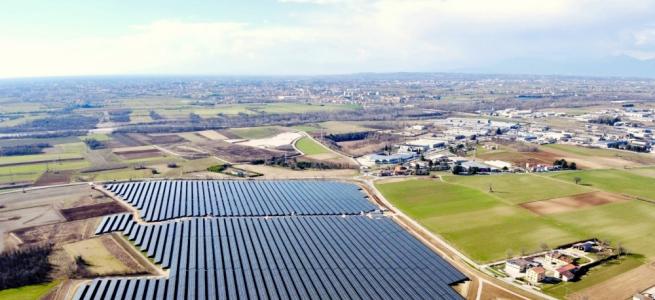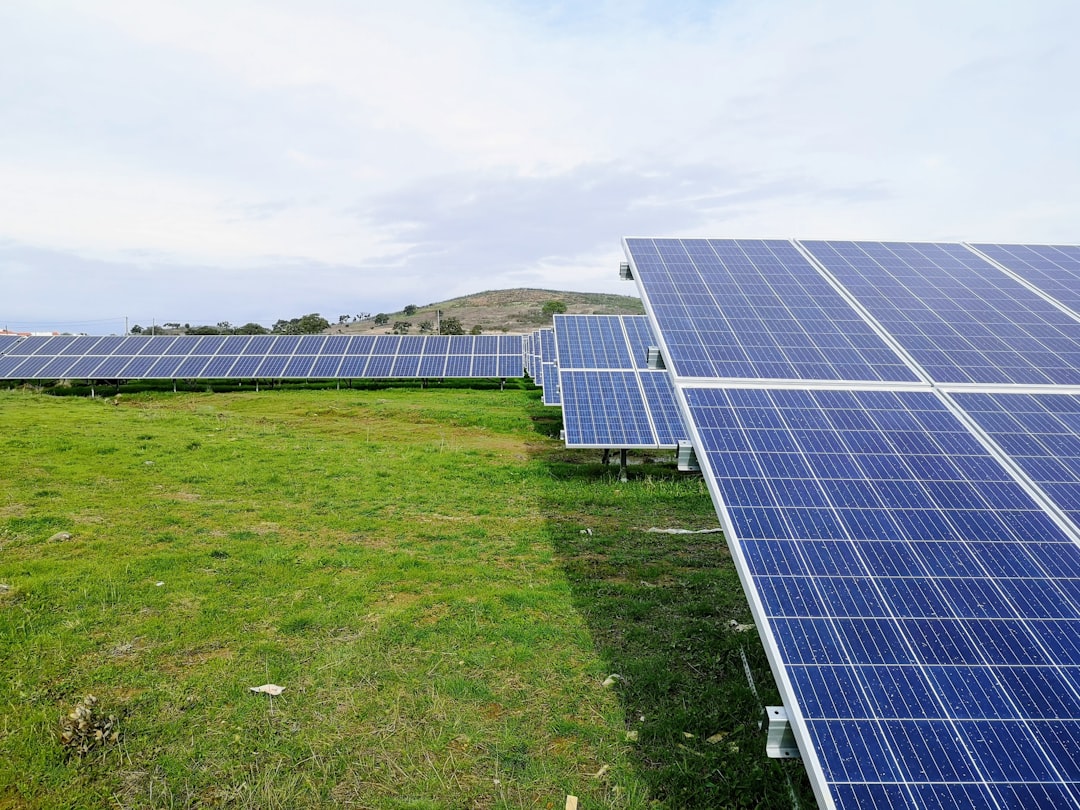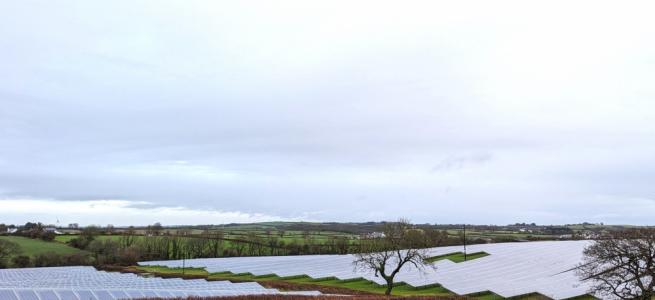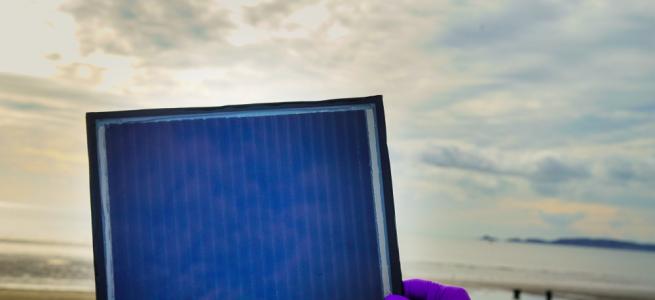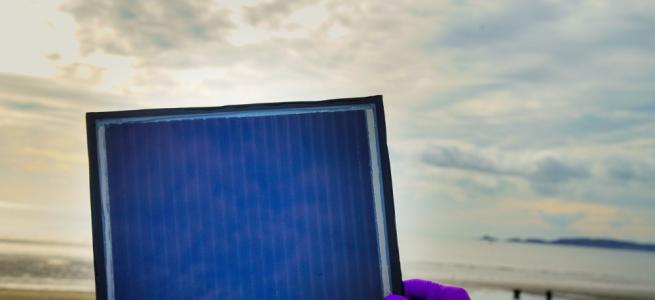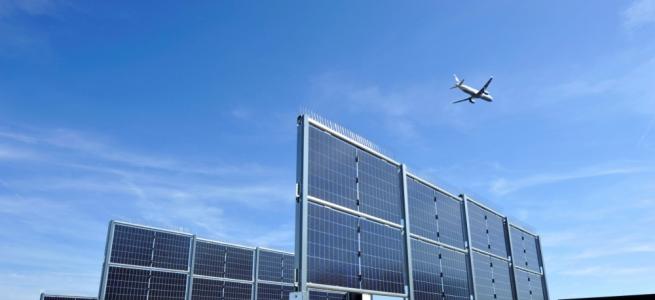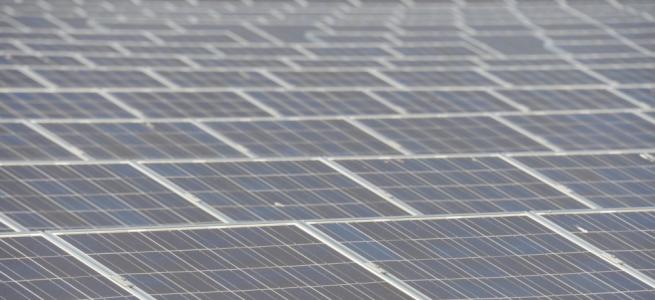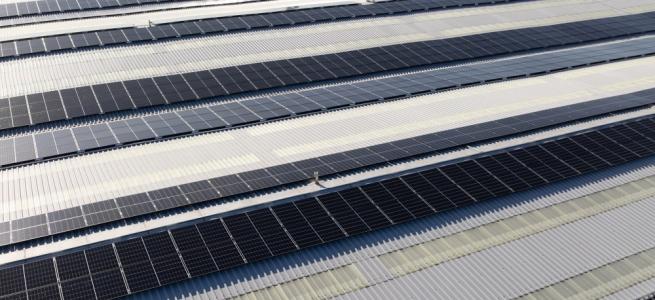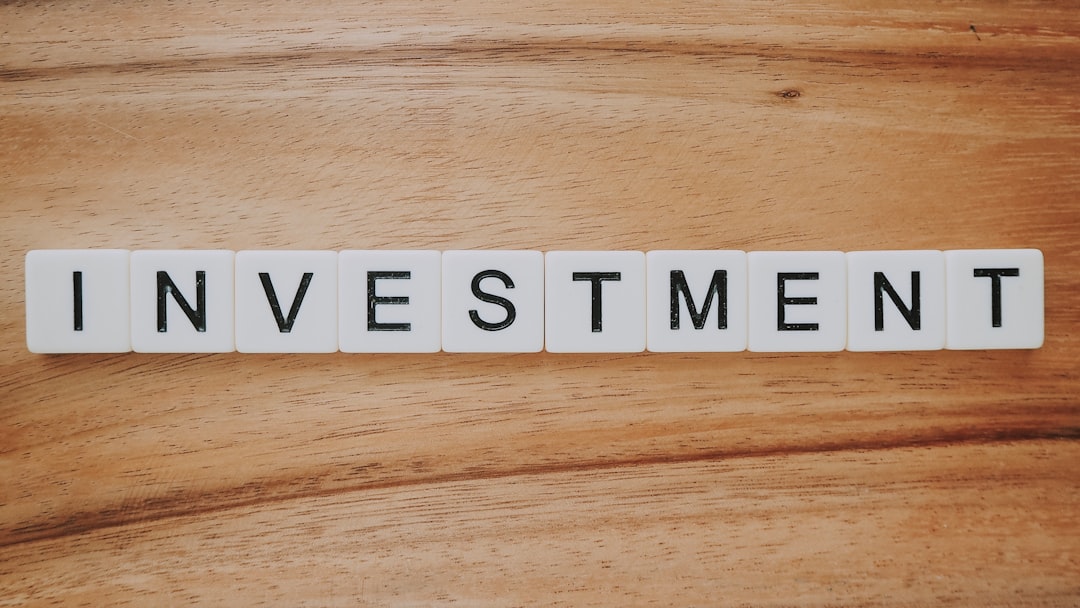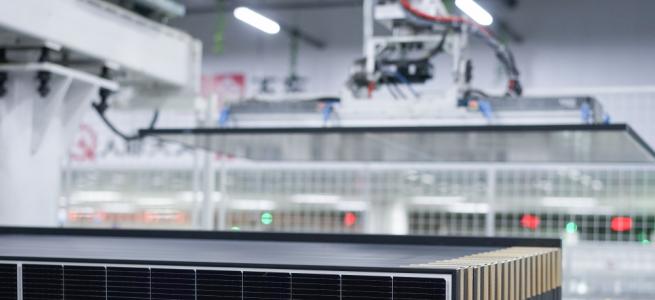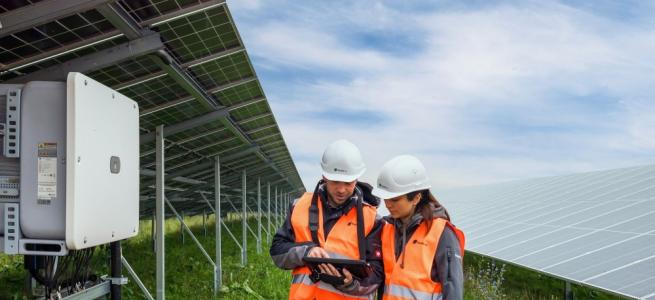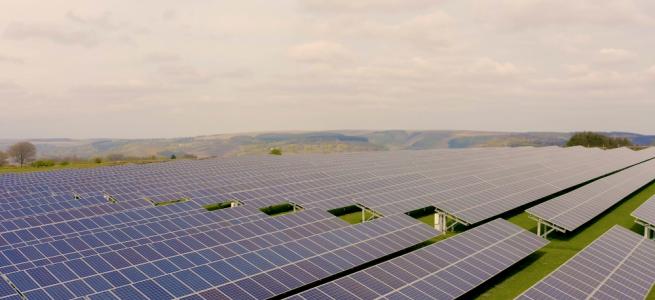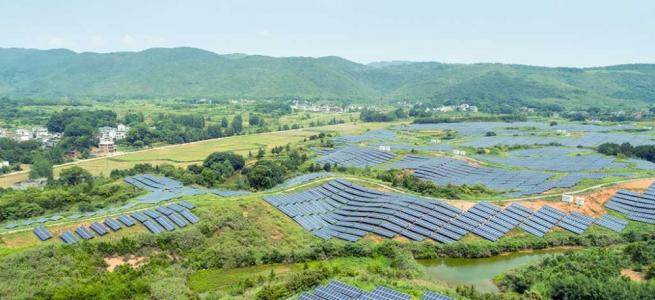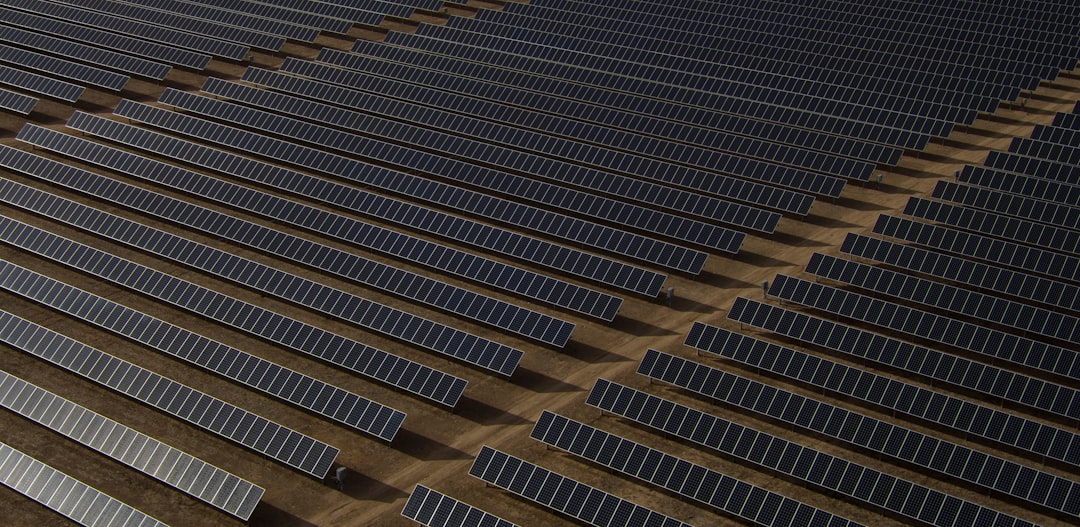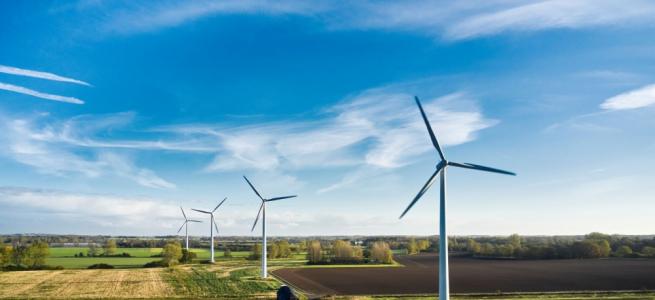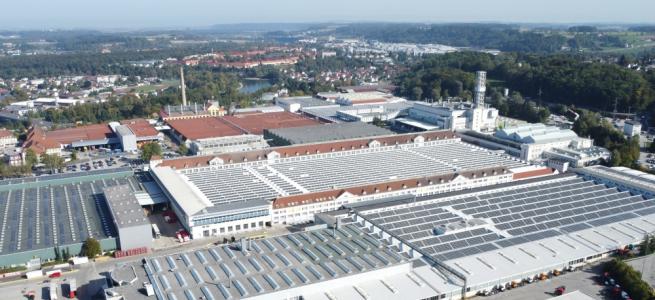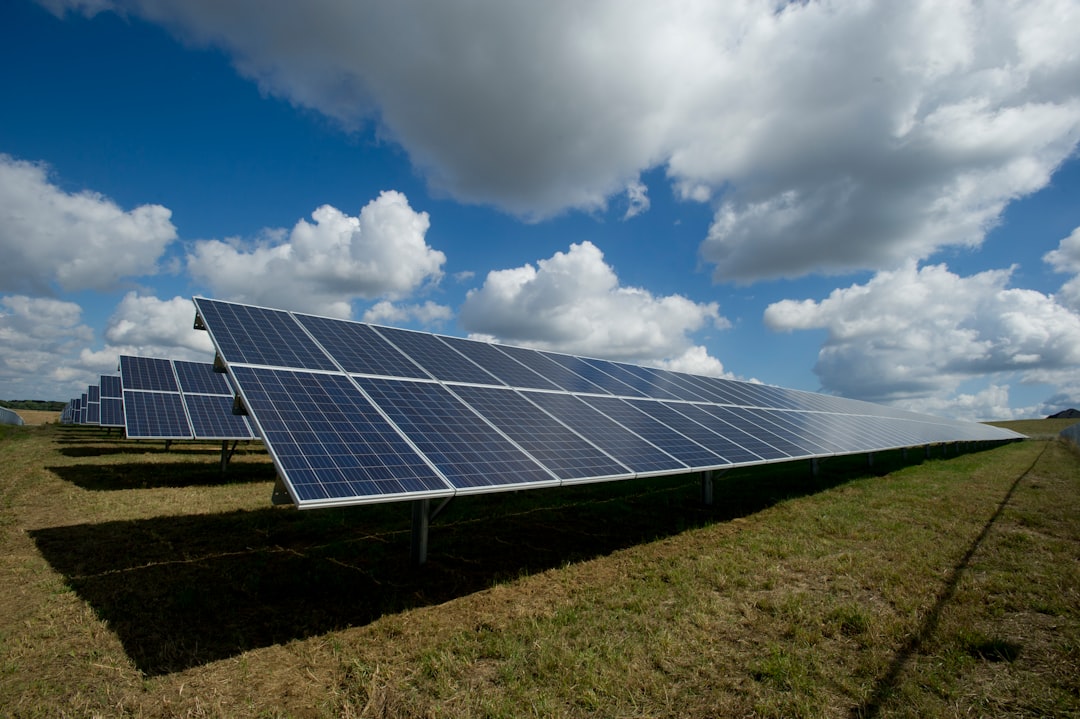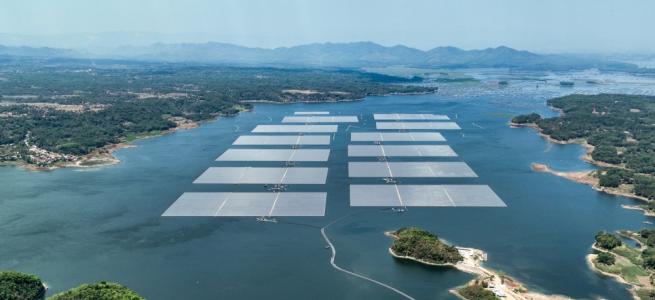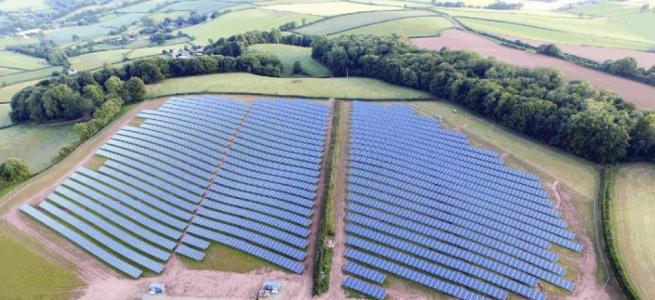News Article
What does Brexit mean for solar in the UK?
Ross Fairley, partner at independent UK law firm Burges Salmon LLP explores the consequences to the industry of leaving the EU
The UK vote to leave the EU will have many far reaching consequences that will only be properly understood in the coming years. The immediate aftermath however is a frenzy of speculation from industries, investors, politicians and the media as to the likely short to medium term effects. The renewable energy sector, which in the lead up to Brexit has had to come to terms with and deal with numerous Government policy changes, is, not surprisingly, concerned.
The most immediate effect of the vote is the uncertainty surrounding what will now happen and how the negotiation with the EU will play out. What exit strategy will be adopted by the Government and when the Article 50 notice to leave the EU will be enacted by the UK is still to be determined. As a consequence of the Brexit vote we have the added complication and upheaval of a new Prime Minister and cabinet, which may also lead to new policy directions. We have already seen the abolition of the Department of Energy and Climate Change in favour of a new Department of Business, Energy and Industrial Strategy (BEIS). Many are nervous that the dropping of any reference to 'Climate Change' in a department title signals a softening of the UK's commitment to this major driver for renewable deployment. However, with many Gigawatts of solar now in operation and renewable forming a major industry in this country, there may be some advantage to having an energy and renewable policy sitting as a core part of a wider 'Industrial Strategy' for the UK. Commentators are also anticipating a slowdown in the economy. It is too early to say if this is going to occur and for how long, but there is no doubt that if it does that will also have implications on the UK's energy policy. At a simple level it could result in the UK's energy consumption dropping. The truth is Brexit is potentially good and bad news for UK Solar.
Let's take the bad news first.
Investor certainty:
Until the UK's position with the EU is clarified, which we have to accept could take many years, there will inevitably be an element of further damage to investor confidence in the UK. Investors into the renewable energy sector and in particular the solar sector have already been concerned and alarmed by the constant tinkering with the subsidy regimes applying to solar and other renewable in recent years by the UK Government. This has hindered and in some cases prevented major developments going ahead, which could have contributed to the UK's energy mix and its decarbonisation targets. Brexit is a further blow to this confidence.
Exchange rates:
The fall in the value of the pound means that UK project budgets are likely to increase given the sourcing of equipment from overseas countries. Funders and investors may also add an extra element of risk premium to cater for the further uncertainty over how Brexit will be managed and what changes will ensue.
EU funding:
There is significant concern at the potential loss of EU funding available to renewables in the UK. For example, 7.2 billion Euros of EIB money has been invested into renewable energy since 2007, of which roughly 24 percent has gone to the UK. With the UK's departure from the EU how will this funding gap be filled? As a proven technology, solar can probably deal with this rather better than other renewables but nonetheless it is a concern.
Politics:
The new BEIS will see a refreshed Cabinet and new civil servants having to get used to different aims and objectives of a new Prime Minister as well as having to manage Brexit. This could be hugely complicated depending on the approach taken to unwinding law, regulation and negotiation of trade agreements. All this means that industry lobbying voices could find themselves drowned out or marginalised for a significant period of time. This vacuum could extend the period of uncertainty.
All of the above are serious but, whilst not underestimating the impacts of Brexit on the solar sector, we have to ask: how far will Brexit further damage the sector compared with the damage that had already been done by UK Government policies pre-Brexit? The UK's attractiveness as a place to build and invest in renewable has dropped in recent years, even before the Brexit vote. Looking at it positively, the renewable sector has shown itself to be resilient to recent Government ambivalence. It is made up of a wide variety of very talented, innovative and entrepreneurial individuals and companies and so there should be confidence that the sector can survive and flourish in the medium term.
This leads us nicely onto the potential good news:
State aid:
Freed from EU directives and regulations or at least elements of them, there is definitely the possibility that the EU rules on state aid that some would say have bedevilled the sector for so long (most recently, through the design of the contracts for difference and the refusal of the Government to consider additions to the Feed in Tariff) will no longer be applicable. The threat of EU state aid action has been cited as a justification for not instigating a variety of measures over recent years, which could have helped the sector. State aid can no longer be used so easily as an excuse.
Security of supply:
Whilst it is inevitable that the UK will be linked to the EU in terms of the energy market and regulation for many years to come, Brexit must mean that surely the UK now has to place even greater emphasis on security of energy supply. Whilst relying on imports via interconnectors is important, it cannot surely be as secure a prospect for our continued energy as it had appeared to be. Will that mean that the Government has to accept more new build energy infrastructure and if it does, surely the logical thing is to have the cheapest and easily installable generation technologies as a key part of that? Nuclear and gas-fired generation, whilst vital as part of a generation mix, will take significant time to come on line as and when the plants get the go ahead. Government believes that we have enough renewable capacity to meet our carbon targets and the current energy demand but solar in particular is a technology that can be deployed in short order and with the cost of onshore renewable dropping must surely play a significant part in the UK's energy mix going forward.
Smaller less risky projects:
Brexit may have shaken investor confidence but will that impact more on major infrastructure projects and the larger energy generation facilities? Will investors look more lovingly to smaller less expensive projects with less to lose?
Targets:
The UK Government has only recently restated its commitment to the fifth Carbon Budget. While we are looking at the 2020s, that Budget is likely to require more onshore renewables. Many have pointed out that as a result of Brexit, the UK will no longer be bound by any EU renewable energy targets. However, we should not forget that the UK has its own carbon targets through the Climate Change Act.
Evolve or die:
While Brexit may be a hindrance to new solar development and investment into the sector as a result of Brexit, particularly in the short term, the sector was already clear on what it had to do to secure its long term future. It is perhaps ahead of others in driving down costs, coming to terms with and tackling some of the ill-fitting policies designed to curtail solar and onshore renewable development that the Government has put in place over the last 24 months.
The renewable sector has proven to be extremely resilient to economic and political forces in recent years. A huge effort will be needed by all involved in the sector to make sure the UK continues to be a leading player and reap the rewards from this vital energy resource.
The most immediate effect of the vote is the uncertainty surrounding what will now happen and how the negotiation with the EU will play out. What exit strategy will be adopted by the Government and when the Article 50 notice to leave the EU will be enacted by the UK is still to be determined. As a consequence of the Brexit vote we have the added complication and upheaval of a new Prime Minister and cabinet, which may also lead to new policy directions. We have already seen the abolition of the Department of Energy and Climate Change in favour of a new Department of Business, Energy and Industrial Strategy (BEIS). Many are nervous that the dropping of any reference to 'Climate Change' in a department title signals a softening of the UK's commitment to this major driver for renewable deployment. However, with many Gigawatts of solar now in operation and renewable forming a major industry in this country, there may be some advantage to having an energy and renewable policy sitting as a core part of a wider 'Industrial Strategy' for the UK. Commentators are also anticipating a slowdown in the economy. It is too early to say if this is going to occur and for how long, but there is no doubt that if it does that will also have implications on the UK's energy policy. At a simple level it could result in the UK's energy consumption dropping. The truth is Brexit is potentially good and bad news for UK Solar.
Let's take the bad news first.
Investor certainty:
Until the UK's position with the EU is clarified, which we have to accept could take many years, there will inevitably be an element of further damage to investor confidence in the UK. Investors into the renewable energy sector and in particular the solar sector have already been concerned and alarmed by the constant tinkering with the subsidy regimes applying to solar and other renewable in recent years by the UK Government. This has hindered and in some cases prevented major developments going ahead, which could have contributed to the UK's energy mix and its decarbonisation targets. Brexit is a further blow to this confidence.
Exchange rates:
The fall in the value of the pound means that UK project budgets are likely to increase given the sourcing of equipment from overseas countries. Funders and investors may also add an extra element of risk premium to cater for the further uncertainty over how Brexit will be managed and what changes will ensue.
EU funding:
There is significant concern at the potential loss of EU funding available to renewables in the UK. For example, 7.2 billion Euros of EIB money has been invested into renewable energy since 2007, of which roughly 24 percent has gone to the UK. With the UK's departure from the EU how will this funding gap be filled? As a proven technology, solar can probably deal with this rather better than other renewables but nonetheless it is a concern.
Politics:
The new BEIS will see a refreshed Cabinet and new civil servants having to get used to different aims and objectives of a new Prime Minister as well as having to manage Brexit. This could be hugely complicated depending on the approach taken to unwinding law, regulation and negotiation of trade agreements. All this means that industry lobbying voices could find themselves drowned out or marginalised for a significant period of time. This vacuum could extend the period of uncertainty.
All of the above are serious but, whilst not underestimating the impacts of Brexit on the solar sector, we have to ask: how far will Brexit further damage the sector compared with the damage that had already been done by UK Government policies pre-Brexit? The UK's attractiveness as a place to build and invest in renewable has dropped in recent years, even before the Brexit vote. Looking at it positively, the renewable sector has shown itself to be resilient to recent Government ambivalence. It is made up of a wide variety of very talented, innovative and entrepreneurial individuals and companies and so there should be confidence that the sector can survive and flourish in the medium term.
This leads us nicely onto the potential good news:
State aid:
Freed from EU directives and regulations or at least elements of them, there is definitely the possibility that the EU rules on state aid that some would say have bedevilled the sector for so long (most recently, through the design of the contracts for difference and the refusal of the Government to consider additions to the Feed in Tariff) will no longer be applicable. The threat of EU state aid action has been cited as a justification for not instigating a variety of measures over recent years, which could have helped the sector. State aid can no longer be used so easily as an excuse.
Security of supply:
Whilst it is inevitable that the UK will be linked to the EU in terms of the energy market and regulation for many years to come, Brexit must mean that surely the UK now has to place even greater emphasis on security of energy supply. Whilst relying on imports via interconnectors is important, it cannot surely be as secure a prospect for our continued energy as it had appeared to be. Will that mean that the Government has to accept more new build energy infrastructure and if it does, surely the logical thing is to have the cheapest and easily installable generation technologies as a key part of that? Nuclear and gas-fired generation, whilst vital as part of a generation mix, will take significant time to come on line as and when the plants get the go ahead. Government believes that we have enough renewable capacity to meet our carbon targets and the current energy demand but solar in particular is a technology that can be deployed in short order and with the cost of onshore renewable dropping must surely play a significant part in the UK's energy mix going forward.
Smaller less risky projects:
Brexit may have shaken investor confidence but will that impact more on major infrastructure projects and the larger energy generation facilities? Will investors look more lovingly to smaller less expensive projects with less to lose?
Targets:
The UK Government has only recently restated its commitment to the fifth Carbon Budget. While we are looking at the 2020s, that Budget is likely to require more onshore renewables. Many have pointed out that as a result of Brexit, the UK will no longer be bound by any EU renewable energy targets. However, we should not forget that the UK has its own carbon targets through the Climate Change Act.
Evolve or die:
While Brexit may be a hindrance to new solar development and investment into the sector as a result of Brexit, particularly in the short term, the sector was already clear on what it had to do to secure its long term future. It is perhaps ahead of others in driving down costs, coming to terms with and tackling some of the ill-fitting policies designed to curtail solar and onshore renewable development that the Government has put in place over the last 24 months.
The renewable sector has proven to be extremely resilient to economic and political forces in recent years. A huge effort will be needed by all involved in the sector to make sure the UK continues to be a leading player and reap the rewards from this vital energy resource.


